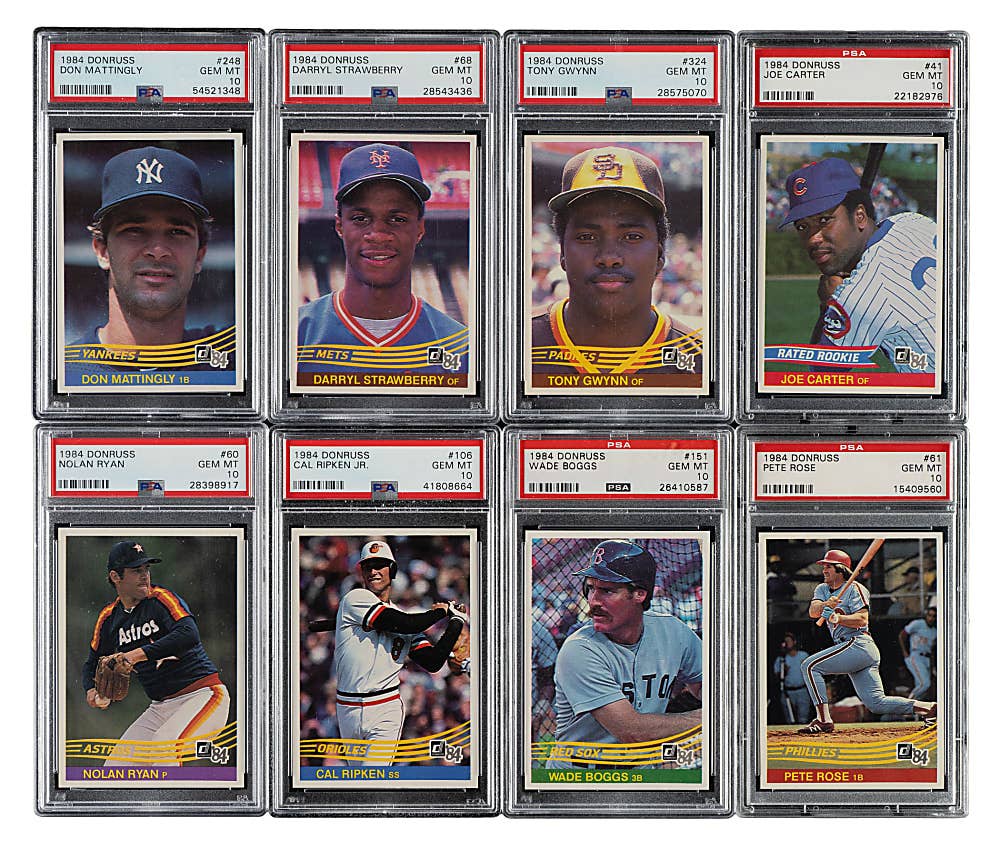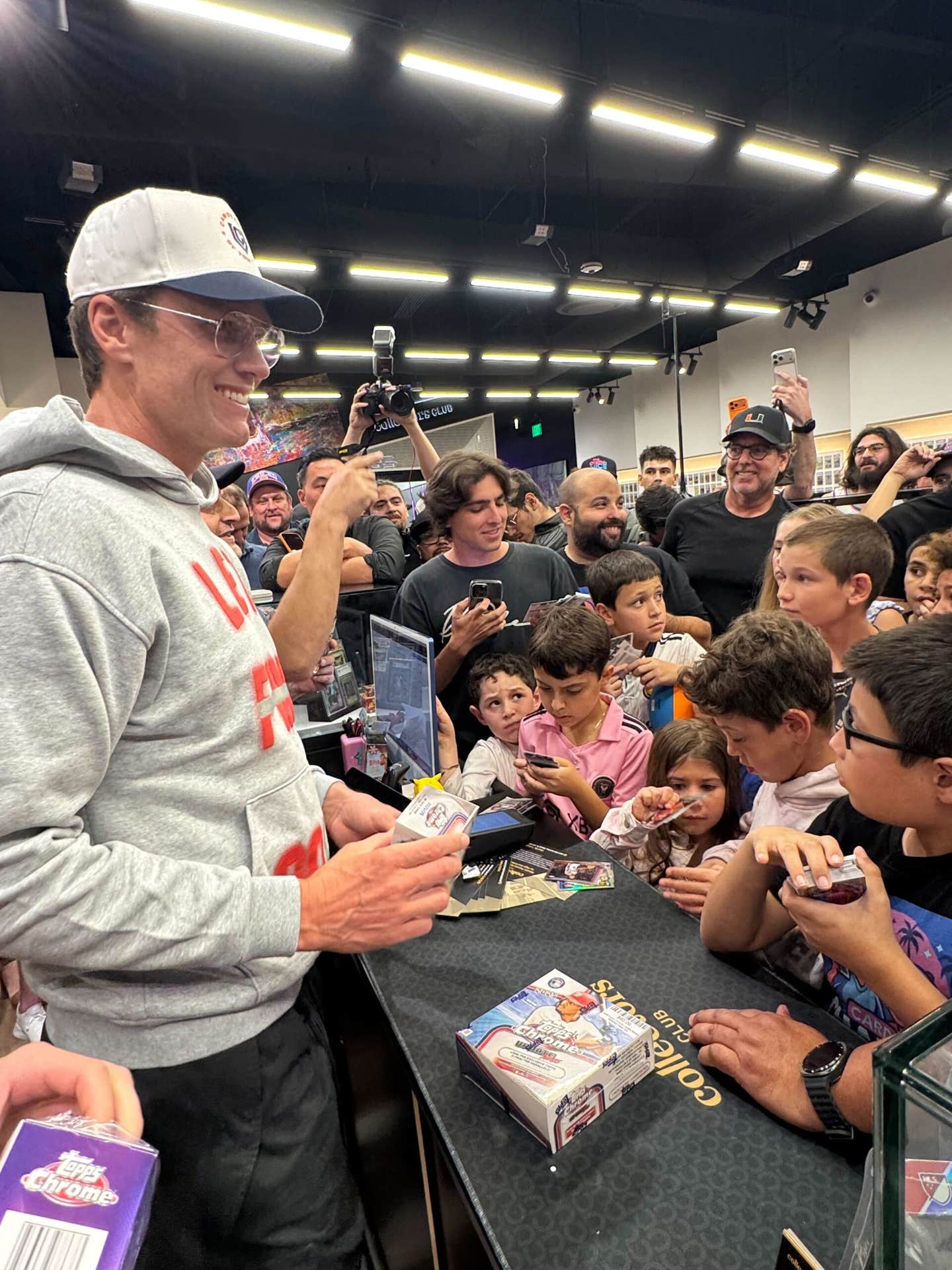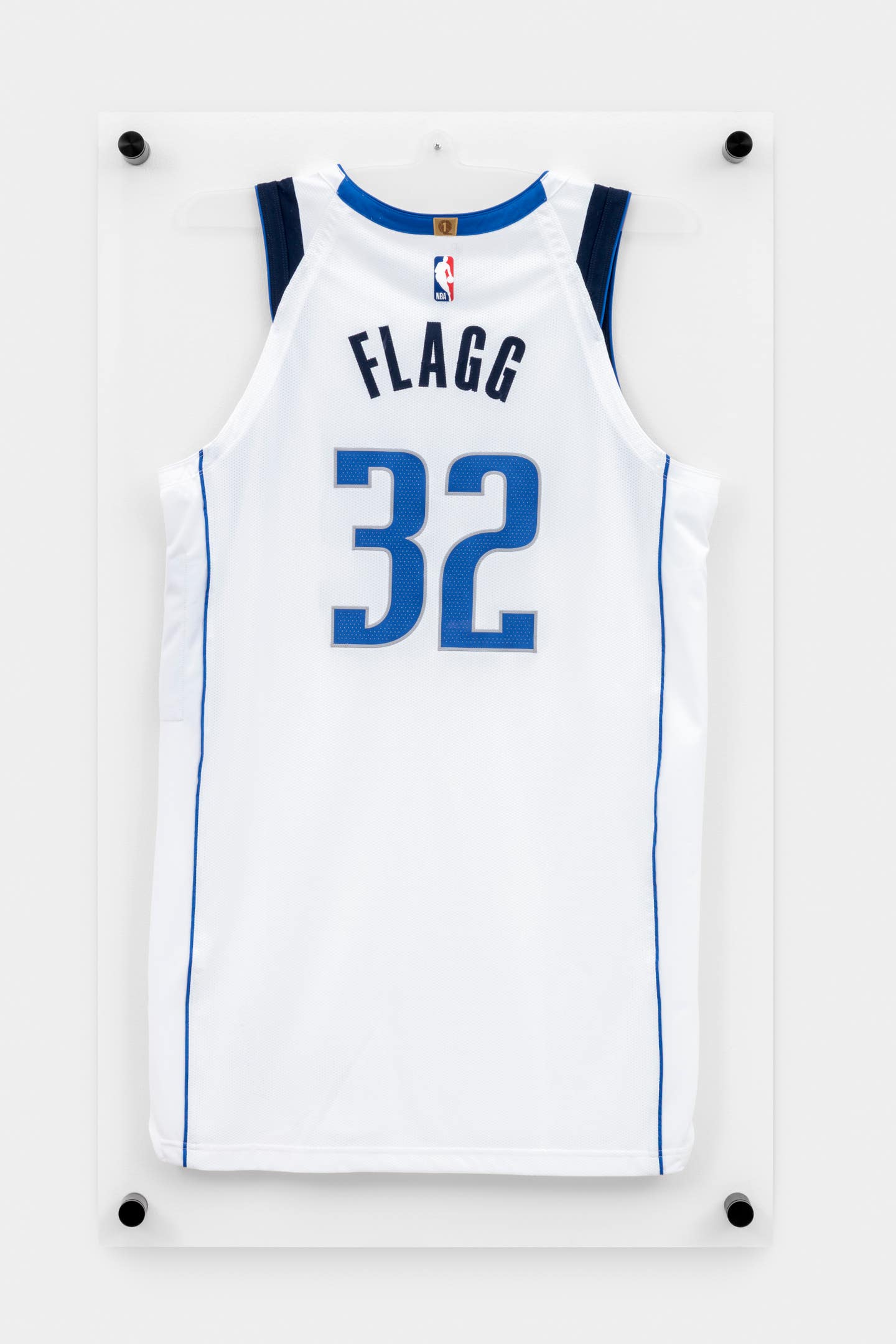News
‘Called Out But Safe’ A Collaboration With Umpire Al Clark
By Dan Schlossberg
My newest book and third collaboration, Called Out But Safe: A Baseball Umpire’s Journey, was published by the University of Nebraska Press this spring.
It’s the autobiography of Al Clark, a colorful but controversial official who umpired for 30 years – 26 of them in the big leagues from 1976-2001.
Unlike the more benign Doug Harvey, who also has an autobiography available this year, Clark marched to the tune of a different drummer.
Whenever he umpired at an infield corner, he’d drift to the stands between innings to kibbitz with the kids. The first umpire to wear glasses on a regular basis, Clark was also the only umpire to wear his name on his hat (AL), as well as the only Jewish umpire in American League history before the leagues merged staffs.
Always outspoken, Clark ejected a Hall of Famer (Frank Robinson) during the National Anthem, had a Cy Young Award winner (Denny McLain) suspended for an anti-Semitic tirade and was the last umpire to throw out the mild-mannered Cal Ripken Jr.
Clark umpired in Ripken’s record-breaking game, Nolan Ryan’s 300th win, Randy Johnson’s American League no-hitter and the 1978 playoff encounter now called the “Bucky Dent Game.” He survived the earthquake that interrupted the 1989 World Series, watched Mount St. Helens erupt from an airplane and locked horns with such legendary umpire baiters as Billy Martin, Earl Weaver and Dick Williams.
The son of a Trenton sportswriter, Clark worked his way up by umpiring in such places as the Venezuelan Winter League. When those fans yelled “Kill the umpire,” he said they really meant it.
Clark came face-to-face with felons of all sizes and descriptions when he spent four months in a minimum-security federal prison three years after he left baseball. He was convicted of mail fraud for his part in a memorabilia scandal involving baseballs from Ryan’s 300th win. Not all the letters of authentication Clark signed were legitimate.
The first to apologize and make amends, Clark has given up drinking, smoking and carousing to become a popular motivational speaker – telling people not only how to stay out of trouble, but how to cope if the situation arises. He says he’s the best designated driver in Williamsburg, Va., where his favorite pastime is playing golf.
Clark is also busy promoting the book. In fact, he’s the best self-promoter I’ve ever seen, dwarfing even Ron Blomberg, with whom I wrote Designated Hebrew, and Milo Hamilton, the Hall of Fame broadcaster who partnered with me on Making Airwaves: 60 Years at Milo’s Microphone.
Behind the scenes
Collaborating on a book sounds easy, but it’s not. It involves agreeing with the celebrity on a fair division of the profits, spending hours interviewing the subject in person or by phone, transcribing the tape word-for-word and organizing the material into words, chapters and a chronological sequence that make sense.
After all that is done, the celebrity gets to see the manuscript – and often changes the wording to make himself sound better. That’s a no-no since autobiographies must sound conversational as opposed to biographies, which also include quotes from other sources.
In an autobiography, the subject’s words stand alone.
After the celebrity approves the text, the publisher takes a look, too, and has the final say on what stays in or what comes out. In their anxiety to sell books, publishers invariably want something controversial. But getting former athletes to say something negative about former colleagues – many of whom they still see – is like trying to sneak a fastball past Hank Aaron.
Blomberg, for example, did not want to finger former Yankee teammates (and one very prominent manager) whom he considered anti-Semitic.
Hamilton, on the other hand, was so forthcoming about his icy relationship with the late Harry Caray that his comments sparked considerable comment in Chicago, where Caray worked.
To his credit, Clark is outspoken about some of the players, coaches, managers and league officials he encountered along the way. He also reveals what it was like for a portly Jewish kid from New Jersey to be incarcerated in a federal lockup for four months with an array of felons serving much longer sentences.
That part of the story makes this a nonfiction book rather than just another baseball book.
The original title, which Al and I created, was Nothing to Hide: My Journey from the Big Leagues to the Big House. The publisher, who had veto rights, changed the name but not the content. The result is a 192-page illustrated hardcover that includes the game-by-game list of the men Clark tossed. The only name missing is Herb Clark, whom he threw out of the Yankee Stadium umpire’s room after his sportswriter dad suggested Al blew a call. The umpire said he had a tough 90-minute ride back to Trenton that night – Herb drove.
Married four times, Clark has no children but is the proud “father” of a dog named Bella and a cat named Marty (after one of his two brothers). He follows the game closely and reads publications like Sports Collectors Digest. His memorabilia collection even includes Al Clark umpire cards produced during his active tenure, from 1976-2001.
Called Out But Safe is available from Amazon.com, where it quickly sold out of its first three printings.
Former AP sportswriter Dan Schlossberg of Fair Lawn, N.J., is the author of 36 baseball books and 20,000 articles about the game. The host of Braves Banter and Travel Itch Radio is also a popular after-dinner speaker. His e-mail address is ballauthor@gmail.com.








